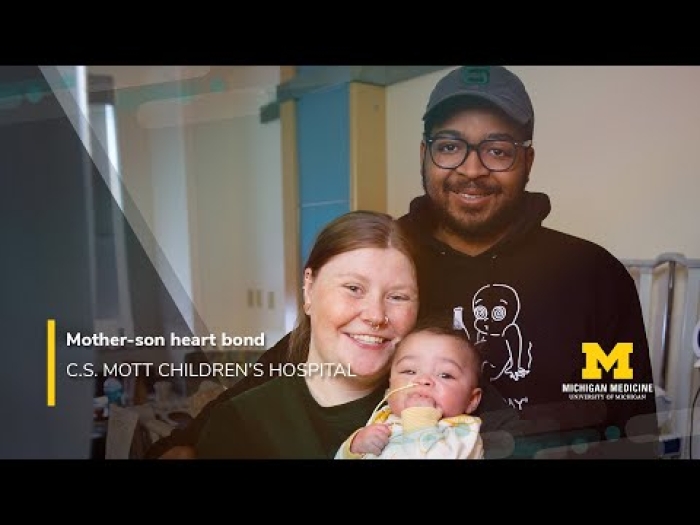Not all parents would head to the ER for serious headache symptoms; 1 in 6 parents would withhold pain relief medication unnecessarily.
Author |
Parents sometimes struggle with what to do when their child has a headache: go to the ER, to the doctor, or wait it out at home, a new national poll suggests.
Among a nationally representative sample of parents with children ages 6-18, two-thirds say their child has had a headache not related to a fall or head injury, according the C.S. Mott Children’s Hospital National Poll on Children’s Health at the University of Michigan.
“Headaches are very common in children and usually not dangerous or disruptive. But in rare occasions, they can also be a symptom of a more serious health issue. Parents should be able to recognize signs that indicate a potentially more urgent situation,” says poll co-director Sarah Clark, M.P.H.
Yet parents polled were not uniform in their response to potentially serious headache scenarios that might represent meningitis. Three quarters of parents said they would definitely go to the ER if their child had a headache with repeated vomiting; two thirds would definitely go to the ER if their child had a headache with neck stiffness and fever.
“Although very rare, meningitis strikes quickly,” Clark says. “If a child has a severe headache along with neck stiffness, persistent vomiting and fever, parents should get prompt medical advice – at the ER or from their child’s regular doctor.”
Some parents may delay care because their children have been vaccinated against bacteria that cause meningitis. However, Clark notes that meningitis vaccines are recommended at different ages throughout childhood, and often parents don’t realize that their children have not received all recommended doses. Therefore, parents who notice signs and symptoms of meningitis should seek medical advice immediately, she says, regardless of their child’s vaccination history.
Parents also find it challenging to deal with less serious headache situations. Doctors recommend a medical consultation if children’s headaches don’t get better with over-the-counter pain medicine – particularly if they occur frequently and disrupt the child’s ability to sleep, go to school or participate in activities. But only half of parents would seek medical care for a headache so painful that the child needed to leave school, while a third of parents were unlikely to call a doctor in that scenario.
“Children describe and experience headaches differently from adults, which can make it challenging for parents to determine whether or not to take the extra step of calling a doctor,” says Clark.
Most parents gave their child an over-the-counter pain reliever for a headache. But one in six parents said they would withhold pain relief medicine so that the provider could see how bad the headache was.
“Withholding pain relief medication is unnecessary, and just prolongs the child’s suffering,” Clark says. “Documenting key information – such as how the child responded to medicine, what seemed to make the child feel better or worse, and if the child has a history of headaches – is much more helpful to providers.”

Department of Communication at Michigan Medicine





